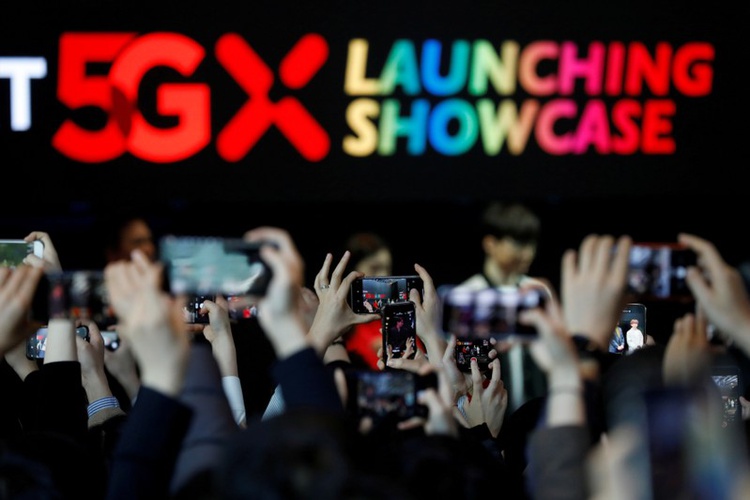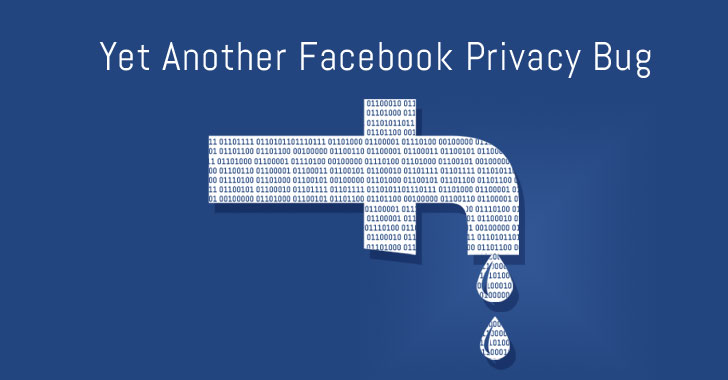Now that steaming and subscription gaming has gone mainstream with Apple and Google, Snapchat has now jumped in to stay current with users. South Korea bested Verizon by kicking off their 5G mobile networks before them, and Mark Zuckerberg‘s Facebook faces more privacy issues yet again. This time, over 500 million users were affected.
Snapchat Got Game
Snapchat is joining the online-games bandwagon with a new service that lets people play together on its mobile platform. The company says it wants to make it easier for friends to play together.
Snap Inc. also unveiled at Los Angeles event Thursday new products to help companies advertise on its service, including Snapchat Ad Kit and Snapchat Audience Network. The tools let businesses send ads both to Snapchat users and people who don’t use the service, within other apps. The setup is similar to what Facebook does with its own ad service.
In addition, Snapchat launched original shows that can only be watched on its service, including “Can’t Talk Now,” which follows a group of high school kids with the story told through their phones.
Snap joins Google and Apple in launching a gaming platform in the hopes of attracting new users — or at least keeping existing ones coming back instead of leaving for the wildly popular Fortnite game.
Snap has been struggling with declining user numbers and stiff competition from Facebook’s Instagram. It had 186 million daily active users in the last quarter of 2018, compared with 187 million in the third quarter.
5G Kicks Off Early In South Korea
South Korea’s telecommunications carriers turned on super-fast 5G mobile internet networks abruptly ahead of schedule in an attempt to ensure the country becomes the first in the world to launch the services.
The carriers say 5G-enabled smartphones are capable of downloading data 20 times faster than existing 4G devices, which in theory would enable users to download movie files almost instantly. The faster networks would also improve live broadcasts and streaming services for music and video while allowing for a broader range of virtual reality services, the companies say.
The 5G networks of the three South Korean mobile operators went live at 11 p.m. Wednesday, hours before U.S. carrier Verizon turned on its 5G network in some areas of Minneapolis and Chicago a week ahead of schedule. The carriers had initially planned to start their 5G services on Friday, but moved up to stay ahead of Verizon. The change came hours after a meeting between the carriers and government regulators, who modified service terms so that the companies could sign up users earlier.
However, the South Korean 5G services were initially available only to a few individuals selected as brand promoters, including figure skating superstar Yuna Kim, who SK Telecom announced as one of its “first customers.”
Regular customers in capital Seoul and some other major cities will be able to sign up for 5G services starting on Friday. The carriers plan to expand their coverage to 85 cities across the country by the end of the year.
“The government and private companies came together to achieve the world’s first commercialized 5G services and this proves once again our country is undoubtedly the top powerhouse in information and communications,” said You Young-min, South Korean minister for science and information technology.
The supposed milestone is widely seen as symbolic. Park Tae-wan, a ministry official, said a “world’s first” reference could possibly help the mobile industry market’s know-how.
Facebook Exposed Again
Security researchers have uncovered more instances of Facebook user data being publicly exposed on the internet, further underscoring its struggles as it deals with a slew of privacy and other problems.
The researchers from the firm UpGuard said in a blog post Wednesday that the data, which included user names and passwords, came from two different Facebook apps that stored their data publicly on Amazon’s cloud services. Facebook said the databases have been taken down.
But the episode illustrates Facebook’s issues with controlling its users’ data, especially once it is in the hands of third-party developers.
The databases were from a Mexico-based media company called Cultura Colectiva, which included more than 540 million records — like user comments and likes — and from an app called At the Pool. The researchers said passwords stored for At the Pool were “presumably” for the app and not for Facebook. Still, storing them publicly could put people at risk if they used the same passwords across different accounts.
While the At the Pool data collection was not as large as that for Cultura Colectiva, UpGuard said it included plain text passwords for 22,000 users. The app itself shut down in 2014, and UpGuard said it is not known how long the user details were exposed.
The discovery comes a little over a year after Facebook’s Cambridge Analytica scandal, in which the data mining firm affiliated with Donald Trump got personal data on millions of Facebook users.
“As Facebook faces scrutiny over its data stewardship practices, they have made efforts to reduce third party access. But as these exposures show, the data genie cannot be put back in the bottle,” UpGuard wrote in its blog post. “Data about Facebook users has been spread far beyond the bounds of what Facebook can control today.”




